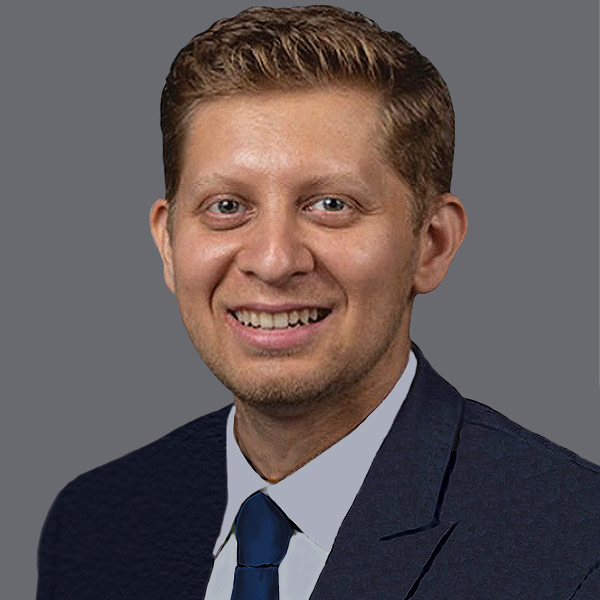Building a Clinical Practice: Tips From an Early Career Cardiologist

My cardiologist retired...
"So doc, what will it be this time? A stress test or echocardiogram?" My 'new' 70-year-old patient with a history of myocardial infarction looks at me pensively. He tells me that he is disappointed that his previous cardiologist of 20 years has set off into the sunset and he is happy to find a new doctor. He has been cherishing his retirement years and remains quite active biking five miles a day with his partner. He has been seeing my predecessor religiously every year. He awaits his annual stress test with some trepidation to make sure his heart is 'good'.
As I embark on a career in cardiology, this scenario reflects one of many challenges we as early career clinicians face. Regardless of the type of practice setting, many of us are likely to inherit a retiring physician's practice and their patients. These patients will likely be twice our age. They had established years and decades of bonding and trust with their previous physician. Some of them probably took his or her words as gospel and the idea of a shared decision-making process to them may seem as foreign as TikTok.

The odds seem to be stacked against you. You wonder if there is judgement behind those eyes and the looks you get. Will they trust my decisions? Will they take solace in my reassurances or are they thinking, well that is not what my previous doctor told me. Self-doubt is assuredly a norm in early career practice, but we can prevent it from being crippling. There are some unique advantages we as early career clinicians have to offer.
Typically, as we build our practice, we are afforded longer clinic appointments in the first few months. We can use this time to learn about our patients, their families, past or present careers. Elderly patients have a wealth of stories and experiences to share and this can be a great way to build trust by being a good listener. They will appreciate you not typing notes on your computer and showing genuine care for them. I personally see a lot of veteran patients and am always keen to know more about their time in the service. Most of them are prideful and willing to share, and this helps me lay the brick in the foundation of our patient-physician relationship
Shared decision-making is a new concept for a lot of our patients. I have found a surprising proportion of my patients willing to listen to the data of why a statin is necessary in their cardiac care. Explaining the pathophysiology of their cardiac diseases can help them take an active role in their health. As guidelines incorporate a shared decision-making process, we will have to be more adept at how we put forward the discussion and guide our patients to make the right decision for them. This may not be true for a lot of the elderly, but you may find a surprising number of people willing to listen and make decisions for themselves. This can help alleviate indecision we ourselves as clinicians face on occasions and provide us with comfort of not making unilateral directives.
Finally, your energy and exuberance in patient care can convey its own message. You can show eagerness to meet new patients and be excited and thankful that they are your patient. You want to help them lead a healthier life and not just view them as a means to more testing or procedures. You can reassure them that their heart is healthy because they can bike every day. We can be a solution to the epidemic of polypharmacy. Maybe take off that clopidogrel or furosemide that they don't need, they will be thankful to take less medications.
There are many challenges we face as we start this lifelong journey. Patient care and trust building are arenas where we can take actionable initiatives. By dedicating more time to our patients when we have the opportunity, involving them in their own care and reassuring them with your energy and confidence; we can take first steps to a gratifying career.

